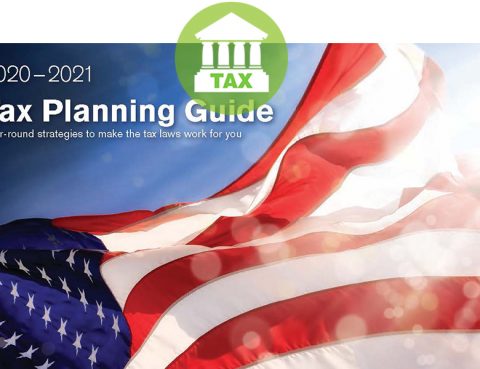
CASE STUDY: Stock-Based Compensation This case study accompanies the blog, “Smart Tax Planning for your Executive Compensation Package is Critical.” Mario was about to receive some stock-based compensation from his employer, so he contacted his tax advisor to find out what the tax consequences would be. His advisor explained that the tax treatment would depend…

This information accompanies the recent blog, “Uncertainty further complicates tax planning for incentives.” Type of Gain / Rate* * In addition, the 3.8% net investment income tax (NIIT) applies to net investment income to the extent that modified adjusted gross income (MAGI) exceeds $200,000 (singles and heads of households), $250,000 (married filing jointly) or $125,000…

Tax treatment for investments varies dramatically based on factors such as type of investment, type of income it produces, how long you’ve held it and whether any special limitations or breaks apply. On top of that, economic uncertainty has made tax planning for investments especially challenging this year. And there are many additional factors to…

Tax advantage rates on “ordinary income” are higher than those that apply to much of your investment income. Ordinary income generally includes salary, income from self-employment or business activities, interest, and distributions from tax- deferred retirement accounts. Some of it may also be subject to payroll tax, or you may have to pay the alternative…

January 15, 2021 – The Michigan Strategic Fund today approved two grant programs – the Michigan Small Business Survival Grants and the Michigan Stages Survival Grants – totaling $58.5 million in relief to help meet the urgent needs of small businesses and live event venues impacted by the COVID-19 virus, the Michigan Economic Development Corporation…

The Consolidated Appropriations Act, 2021 (the “CAA”), signed into law on December 27, 2020, is the second-largest federal stimulus package of 2020, following the CARES Act. The CAA provides $900 billion in COVID relief and reserves $284 billion for small businesses through a second round of Paycheck Protection Program (“PPP”) forgivable loans, or as some…

On Sunday, December 27, President Trump signed the Consolidated Appropriations Act, 2021 (CAA, 2021). The Act contains numerous individual, business, payroll, disaster, and energy-related tax provisions, as well as tax extenders. Many of the provisions, including the deductibility of expenses used with PPP loans as well as $600 stimulus payments, and an extension of payroll…

It has become a cliché in 2020, but what word other than “unprecedented” can be used to describe the events we’ve experienced this year? During such times, tax planning is far from top of mind. But it’s still important. Smart tax planning can soften the impact of an uncertain economy and provide much-needed relief to…

On June 3, 2020, the U.S. Senate passed the House version of Paycheck Protection Program (PPP) legislation and the President is expected to sign the bill. The bill will triple the time allotted for small businesses and other PPP loan recipients to spend the funds and still qualify for forgiveness of the loans. The bill…
